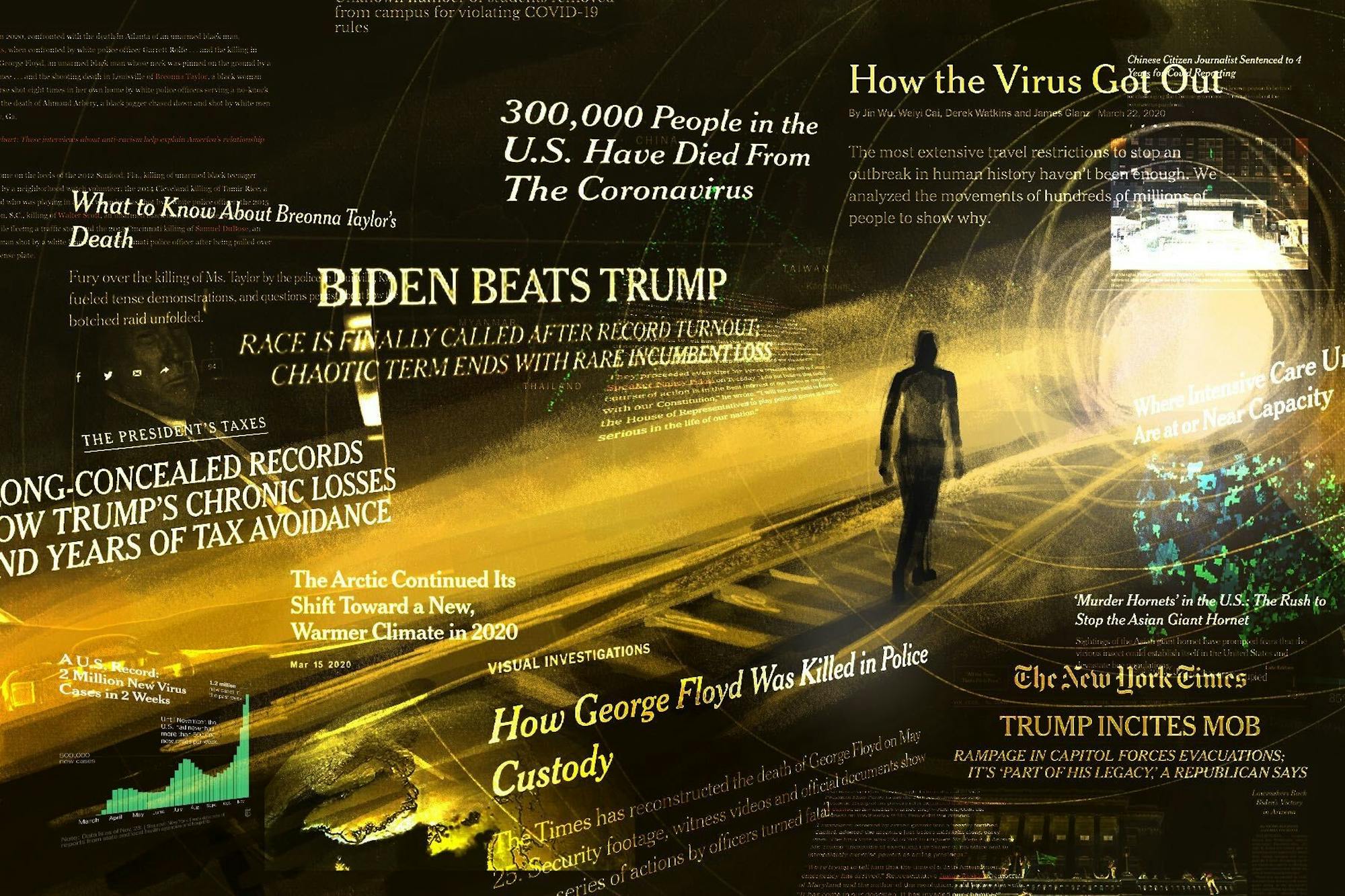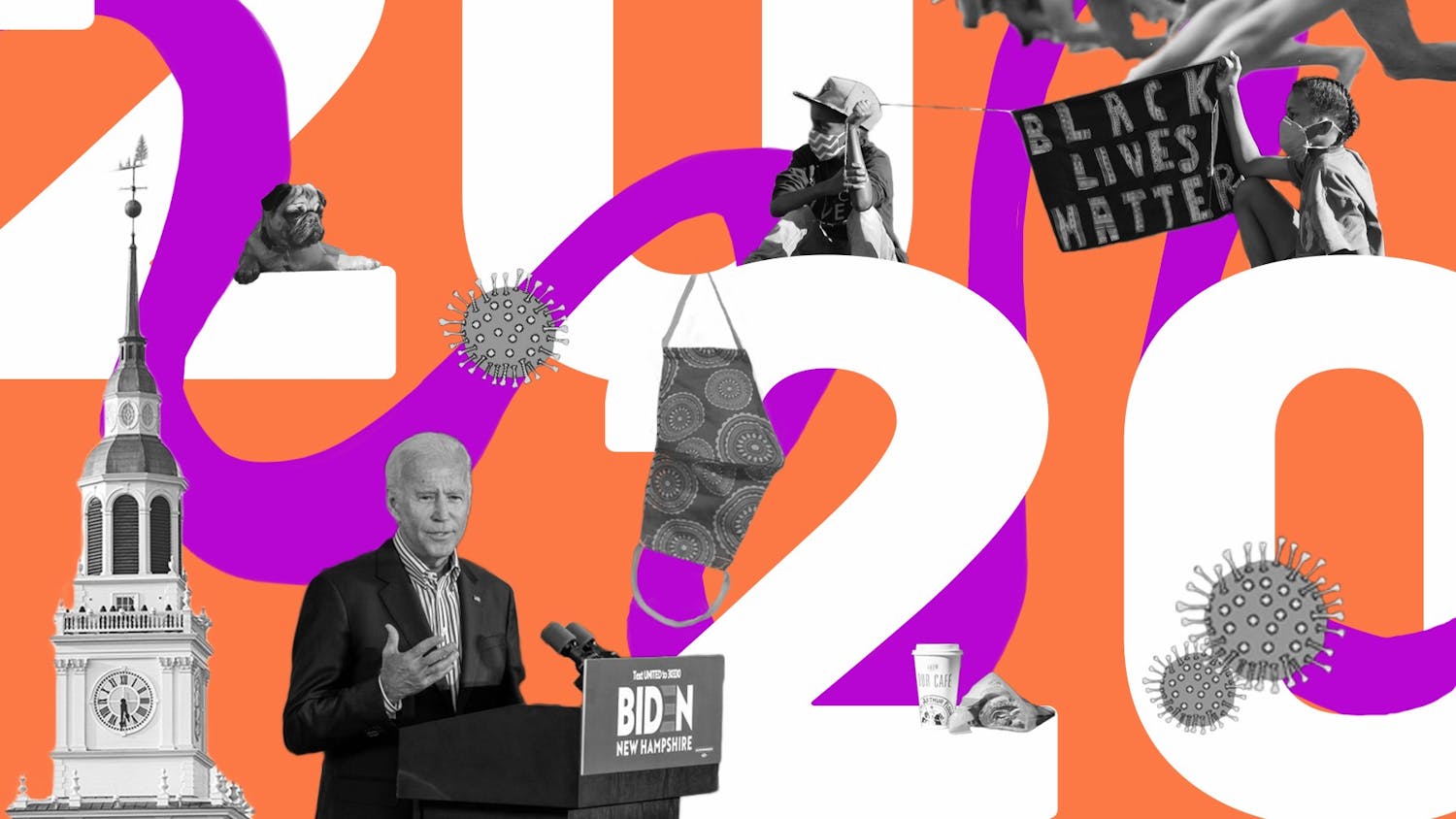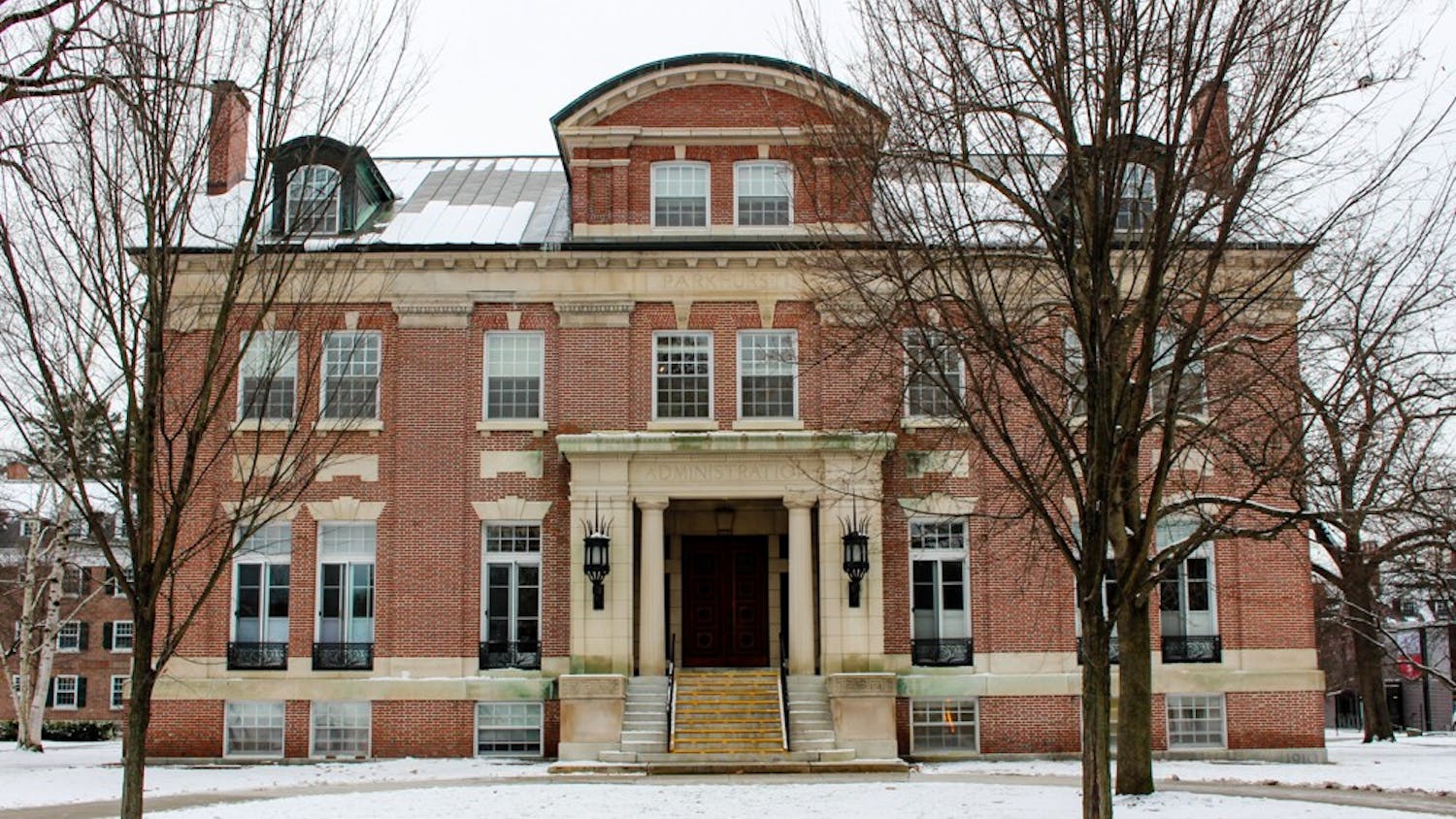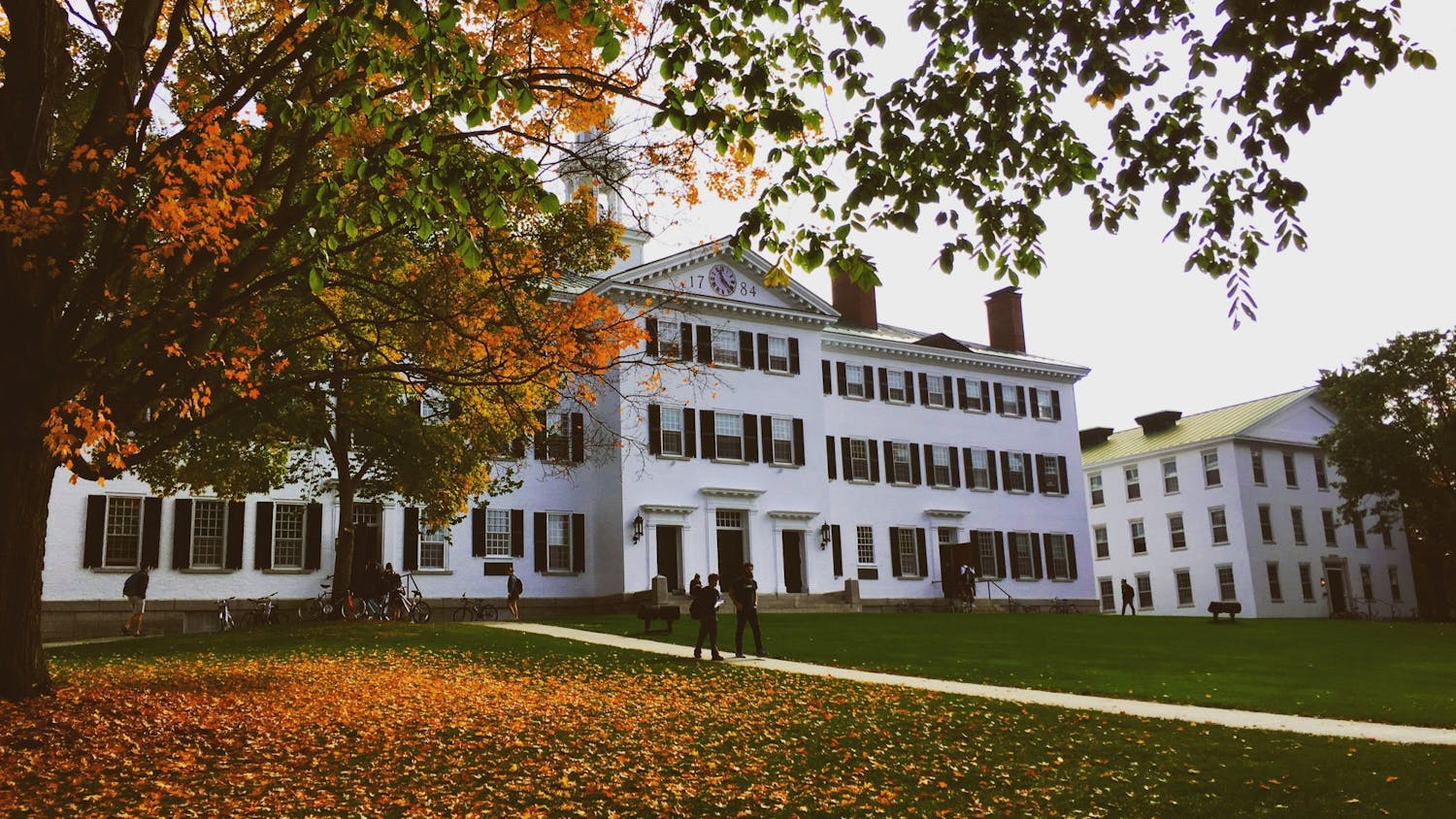As the pandemic drags on into the new year, many people are getting sick of strictly adhering to COVID-19 guidelines. With the first doses of the vaccine rolling out across the country, some have started to let their guards down and regard restrictions with a more lax attitude.
College students in particular are caught between a host of different rules between their hometowns and Hanover, creating an environment in which adherence to COVID-19 regulations has in part become a personal, political or moral statement.
When I spoke to Kealia Haitsuka ’23 from Hawai‘i, she was getting ready for a term on campus after living with friends in a house in Grantham, New Hampshire during the fall.
“I never would have lived in a house with friends at any other point so casually,” Haitsuka said. “It’s weird, but I feel like I’m making the best of it as much as I possibly can.”
Though the College has a robust pre-arrival system that includes COVID-19 tests mailed to each student who will be on campus, Haitsuka was unsure of when Dartmouth students would receive the vaccine. In the meantime, she wondered how the news of the vaccine would affect rule-following on campus.
“I am scared that student behavior may change,” Haitsuka said. “People are getting really antsy to live completely normally again, although that’s not a reality yet.”
Evelyn Hatem ’24 from Gilford, New Hampshire, will be living with friends in Gilford, New Hampshire for the winter term and taking classes online. She noted that students have already exhibited varied levels of caution toward the risk of contracting COVID-19.
“Even now, before most people in our age have received the vaccine, there’s already a spectrum of mindsets towards the restrictions and towards COVID in general,” Hatem said.
Haitsuka noted that many young people have turned to the concept of a bubble — creating a small group of people and agreeing to all only interact with each other — as a COVID-19 safe solution to a lack of social interaction.
“To some degree there is a way to save the social aspect,” Haitsuka said. “You find your group of people who are safe and you know you can continue being in a bubble with, but then you can see other people socially distantly.”
However, Hatem also noted that people may have different understandings of what being in a bubble means.
“People have different interpretations of the word ‘bubble’ and how they’re comfortable applying that to their own lives,” Hatem said. “Some people have had more in-person social interaction than others, and masks are also a factor.”
The unclear logistics of a vaccine rollout present more uncertainty and may create further divides among students as their behavior changes — or doesn’t — after receiving the vaccine. Zoella Lin ’24 wondered how vaccination on campus may look.
“In a world where it takes a month, maybe a month and a half for people to get vaccinated, it might be scary in that half the population goes fratting and the other half stays home,” Lin said.
Still, it is clear that students are rightfully not the top priority for vaccination. Most states are prioritizing elderly individuals and those who work on the frontline. Lin pointed out that this means a return to normalcy for college students will take longer than it may seem.
“A healthy teenager is going to be nowhere near the top of the list of getting a vaccine. Even if 50% of the population in Hanover is almost at the correct threshold for being vaccinated, as college students ourselves we may not be,” Lin said.
Meanwhile, College policy has changed to accommodate further social interaction, which may shape the contours of what is seen as acceptable during the pandemic. This term, for example, the College changed its residence hall visitation policy to allow students to see friends in other dorms — something that was prohibited during the fall.
Olafunmilayo Ogunsanya ’24 will be one of a group of ’24s on campus in the winter. He said he is excited about the rule change but is curious about how it will change students’ perception of safety standards.
“Before, there were no people allowed in our rooms, so we would at least try to be cautious and limit the amount of people in our dorms,” Ogunsanya said. “Now that we can move freely into other people’s buildings, I wonder if people are going to see this inch and take a mile.”
Given the already varying adherence to protocols in place to prevent transmission, it is hard to predict what campus will look like in the winter. The news of the vaccine has given many students hope for an end that at times seemed unlikely: For some, having an end in sight is a sign that it is OK to loosen up because the subsequent damage is assumed to be short-lived. For others, it means doubling down on finishing strong, having made it so far.




